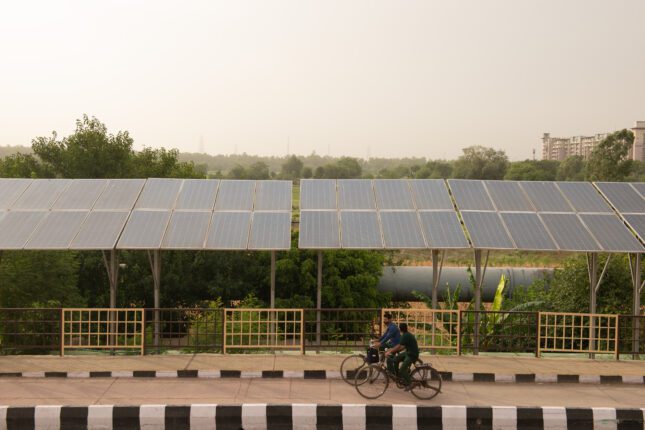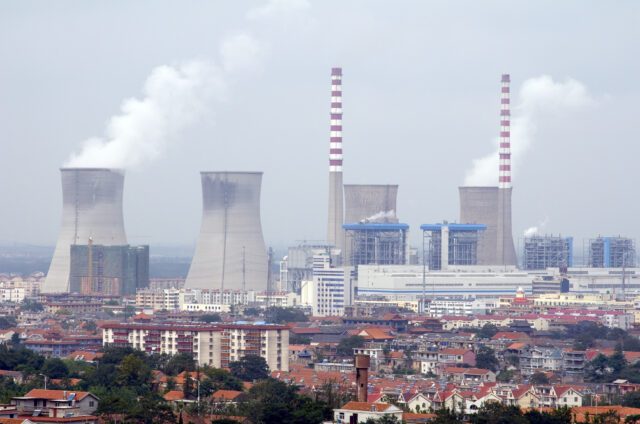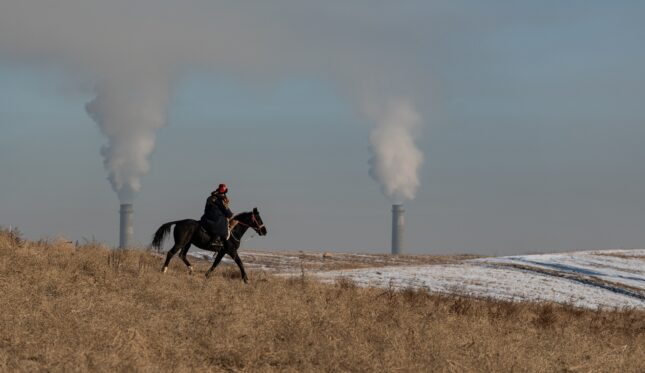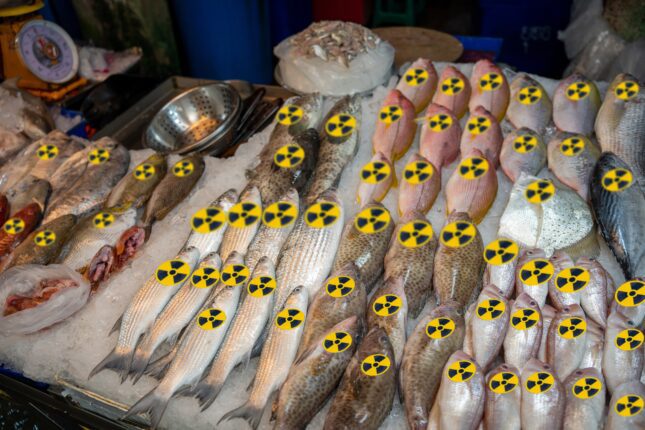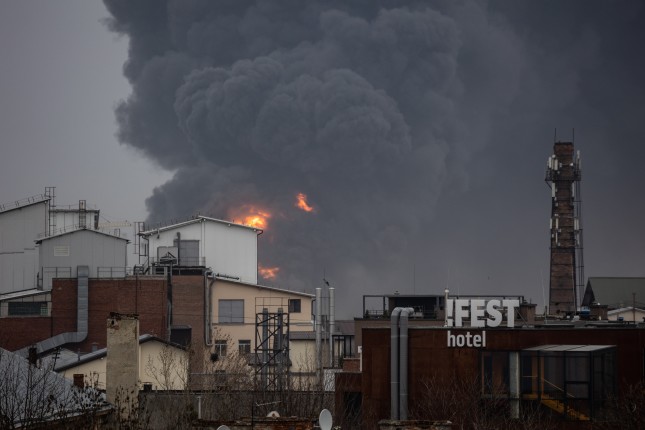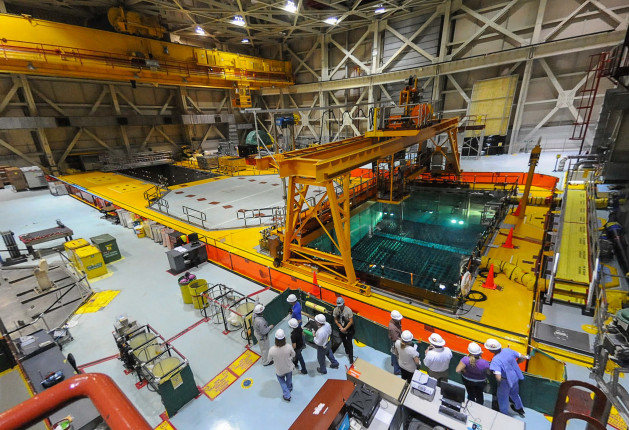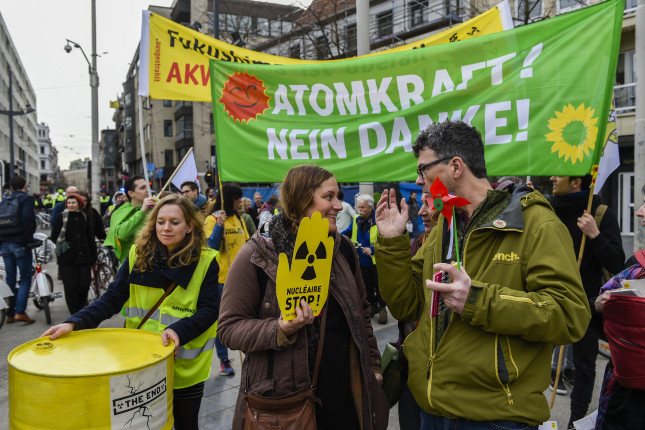-
ECSP Weekly Watch | September 9 – 13
›
A window into what we’re reading at the Wilson Center’s Environmental Change and Security Program
Fukushima Nuclear Clean-up Begins (The Diplomat)
It has been over 13 years since a massive 9.0 earthquake near the coastline of Japan in 2011 triggered a tsunami that irreversibly damaged the Fukushima Daiichi nuclear plant. Failing cooling systems within the plant led to the melting of its radioactive core reactor, which dripped toxic fallout across the plant and in the larger ecosystem. Since that catastrophe, Japan has been devising ways to responsibly clean the waste in Fukushima—and it might be getting closer to a final answer.
-
Accelerating the Transition: Can the U.S. Support India’s Path to Net Zero?
›
Energy is a bridge that has historically fostered the U.S.-India relationship. The reasons are many. Both economies focus on energy security, climate action, economic cooperation, and technological innovation.
Recent innovations in India offer new challenges and opportunities. The country has rapidly deployed renewable energy (RE) technologies to meet its stated Net Zero targets. This effort has exceeded its promises; 40% of India’s electricity now comes from renewable sources. And the nation’s other ambitious target— installing 450 GW—would triple this existing capacity in less than ten years.
-
Don’t Panic US: China’s Nuclear Power Ascendancy Has Its Limits
›Like bamboo sprouts after the rain, nuclear reactors are going up quickly across China. There are 36 reactors under development, and Beijing can approve as many as 10 new ones a year. Within a decade, China will likely pass the United States—which has 93 operating commercial nuclear reactors at 54 power plants—as the world’s biggest generator of nuclear power.
-
Can Kazakhstan Meet Its Climate Goals?
›
“I’m only 33 years old. I have my entire life to live, and I would like to retire on a habitable planet.” | Zulfiya Suleimenova
Signs of our warming planet reveal themselves through the smallest of changes. Zulfiya Suleimenova, Kazakhstan’s Special Representative for International Environmental Cooperation, noticed something odd when she left Kazakhstan’s capital, Astana, in late November for the 28th United Nations Climate Conference (COP28).
-
“Radioactive Fish” and Geopolitics: Economic Coercion and China-Japan Relations
›
On the same day Japan began wastewater releases from the Fukushima nuclear power plant in late August 2023, the website of China’s customs agency announced the country would “completely suspend the import of aquatic products originating from Japan.”
-
Russia’s War in Ukraine: Green Policies in a New Energy Geopolitics
›
Russia’s brutal aggression has wreaked devastation in Ukraine for more than a year. It has also forced a fundamental rethink of geopolitics. Central to that new thinking is the role of energy security and how to manage the insecurities created by the lopsided dependencies exposed by the conflict.
-
America Reenters Competition for Global Nuclear Energy Markets
›
During the 2010s, the United States was on the verge of permanently losing competitiveness in global nuclear energy markets. This weakness threatened American geopolitical goals, with Russia further extending its nuclear market dominance and China eyeing reactor exports across the Belt and Road.
-
The Best or Worst of Both Worlds? Nuclear Power’s Contested Role in Europe’s Energy Transition
›Growing up in Austria in the 1990s, one of the underlying lessons I learned in middle school was that nuclear power is humanity’s downfall. Though never explicitly described that way in the curriculum, from a young age my peers and I knew to associate the black-and-yellow trefoil symbol with apocalyptic environmental destruction. Reflecting on my upbringing helps me understand why so many in Germany, Austria, Denmark, Greece, and Italy argue that nuclear power should be our last resort as an energy resource. How could we allow the development and use of such dangerous technologies in our own lives? How could we just move on and accept that a nuclear accident could kill all of us at any moment?
Showing posts from category nuclear.


